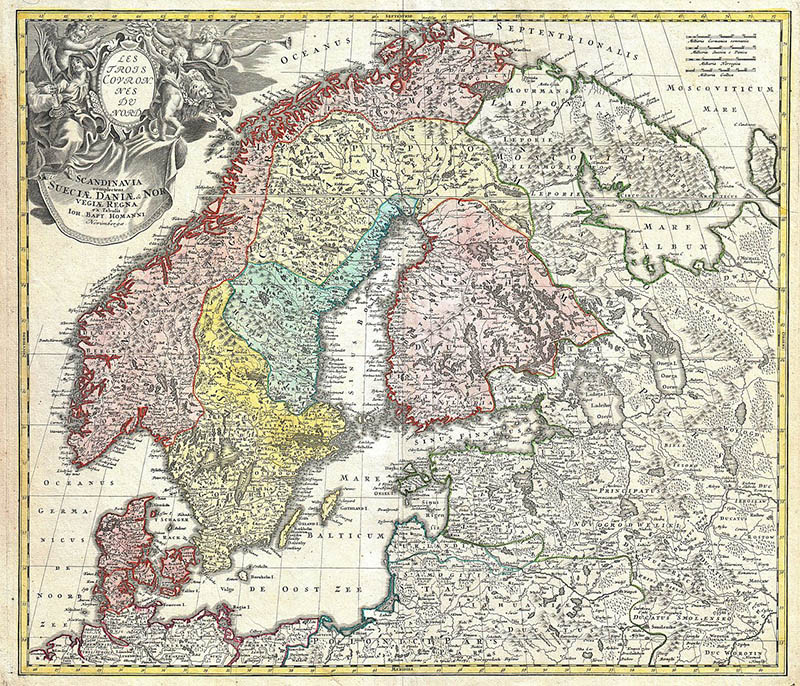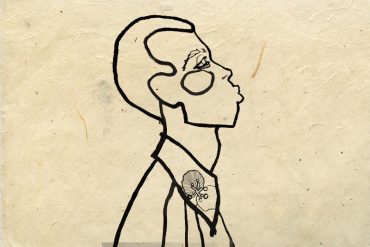Elections to the 349 – member Swedish Riksdag held on 9th September have led to another hung Parliament with no single party or bloc reaching the halfway mark of 175. That in itself is no big news, considering Sweden’s parliamentary history. What has drawn global attention to the polls has been the rise of the right-wing Sweden Democrats (SD) as a major force.
The populist SD has been gaining ground over the years; in fact, opinion polls and exit polls were pointing towards Jimmie Åkesson and his party coming second in the elections. The fact that this has not happened has come as a big relief to the mainstream parties, but SD’s tremendous electoral appeal has raised concern across Europe which is increasingly witnessing the rise of right-wing anti-immigrant and Euro-skeptic parties in the parliamentary elections.
Elections to the Riksdag are held every four years with open list proportional representation on multi-member party lists. The Swedish Social Democrats, the leading party for over a century, emerged as the single largest party in every single election since the universal adult franchise was introduced, though their support base has shown a steady decline through the decades. The fragmentation of mainstream parties has seriously impacted parliamentary politics; since 1968, no single party has won a simple majority in Riksdag, leading to `bloc politics.’
Copyright©Madras Courier, All Rights Reserved. You may share using our article tools. Please don't cut articles from madrascourier.com and redistribute by email, post to the web, mobile phone or social media.Please send in your feed back and comments to [email protected]











